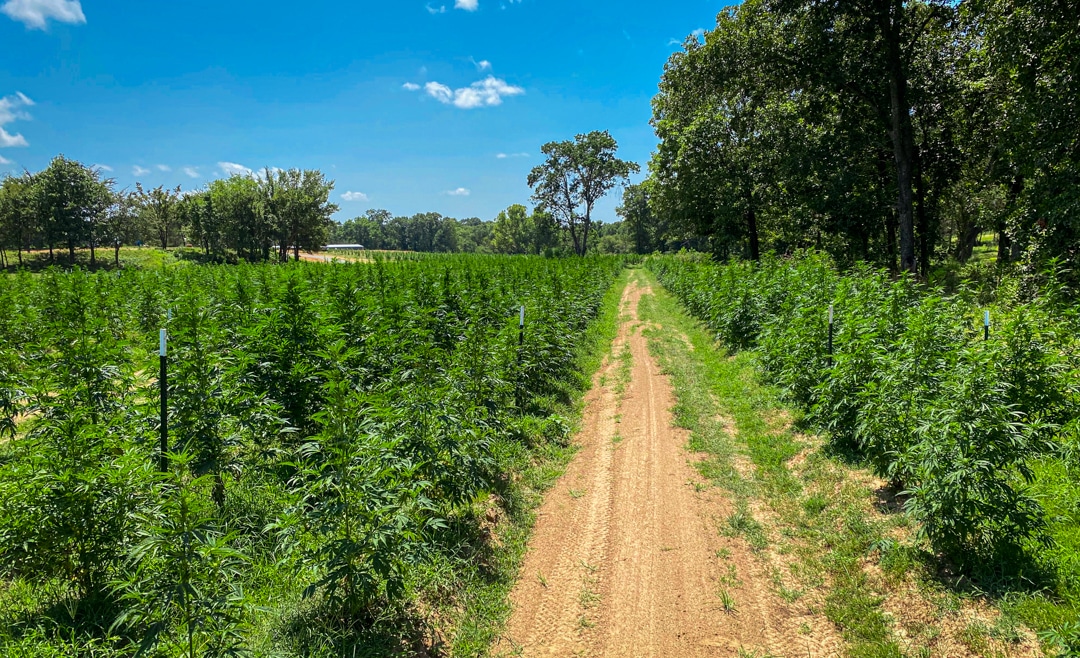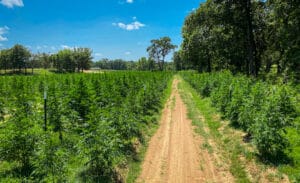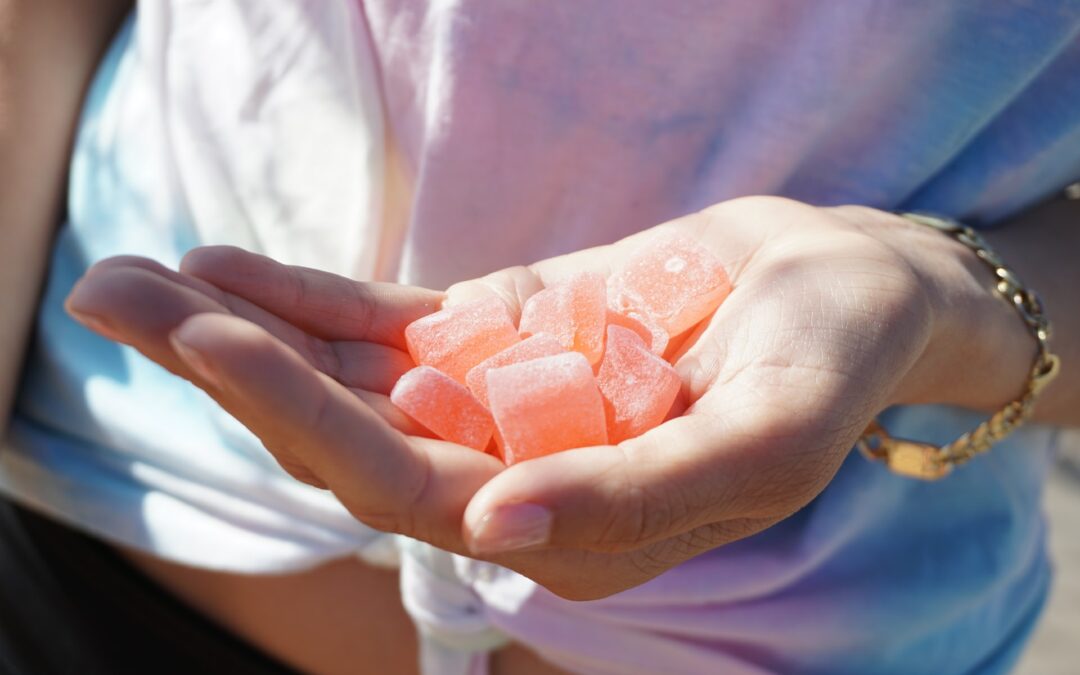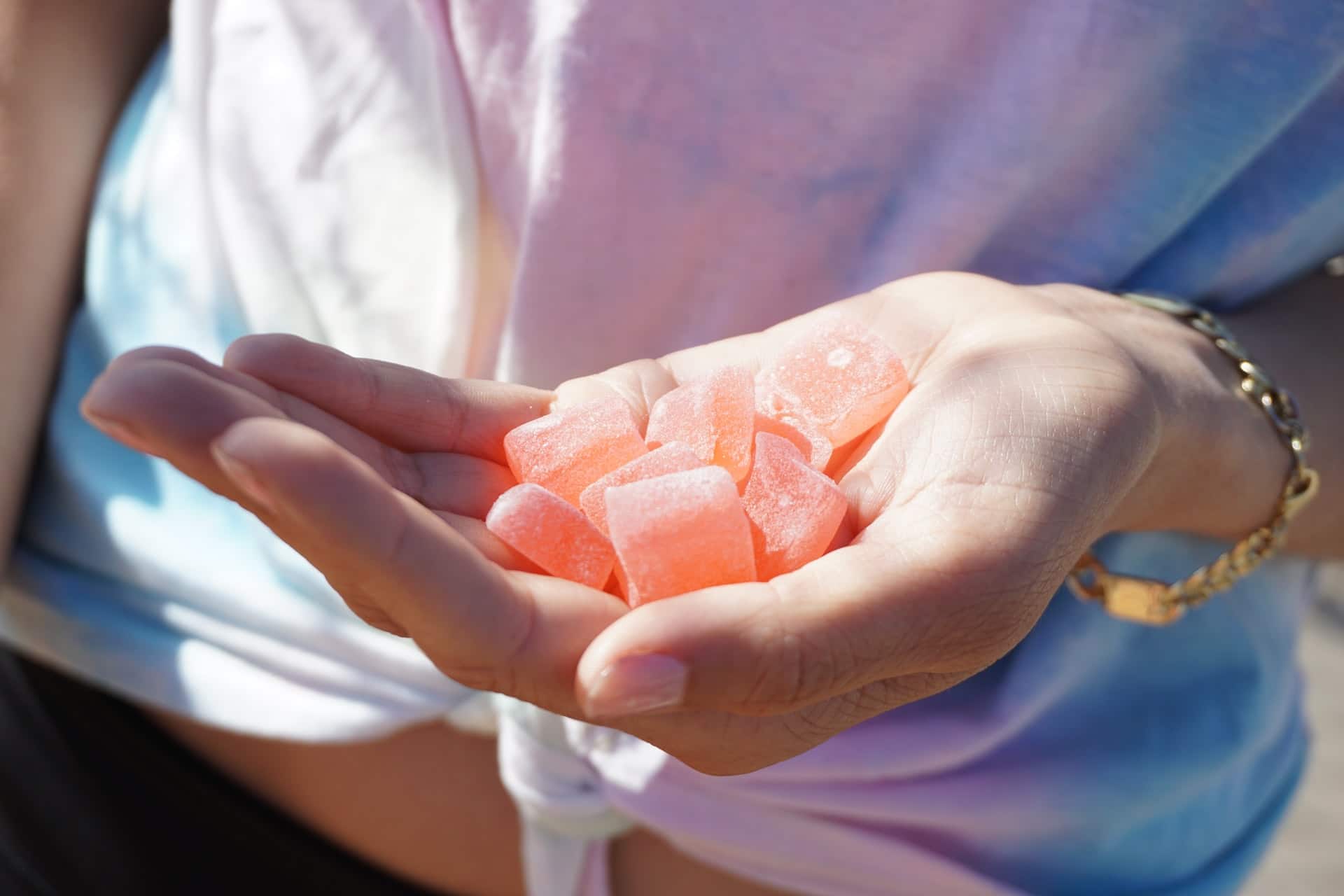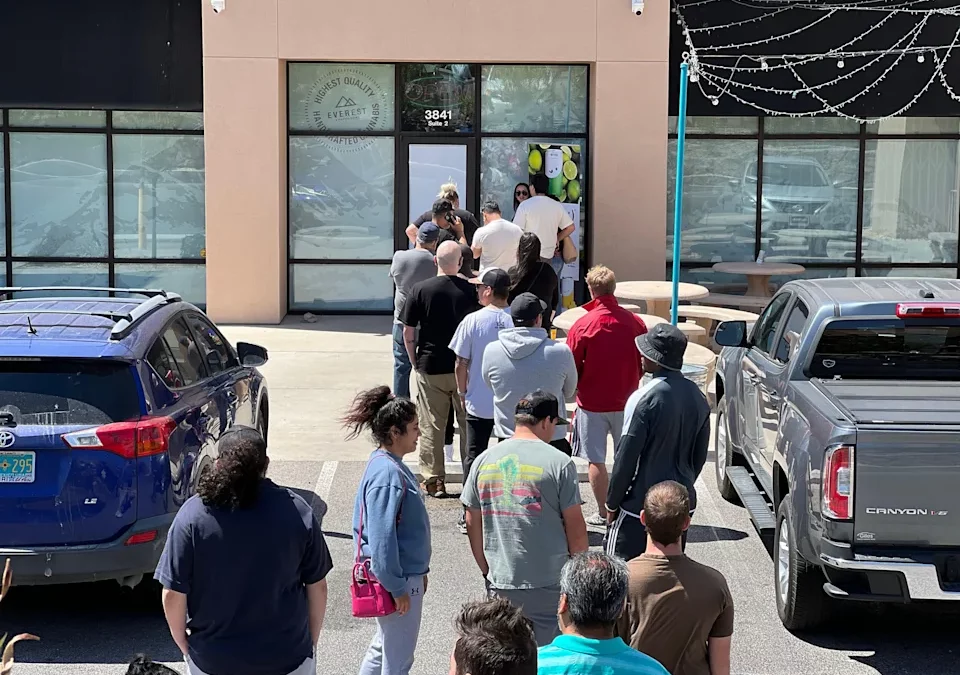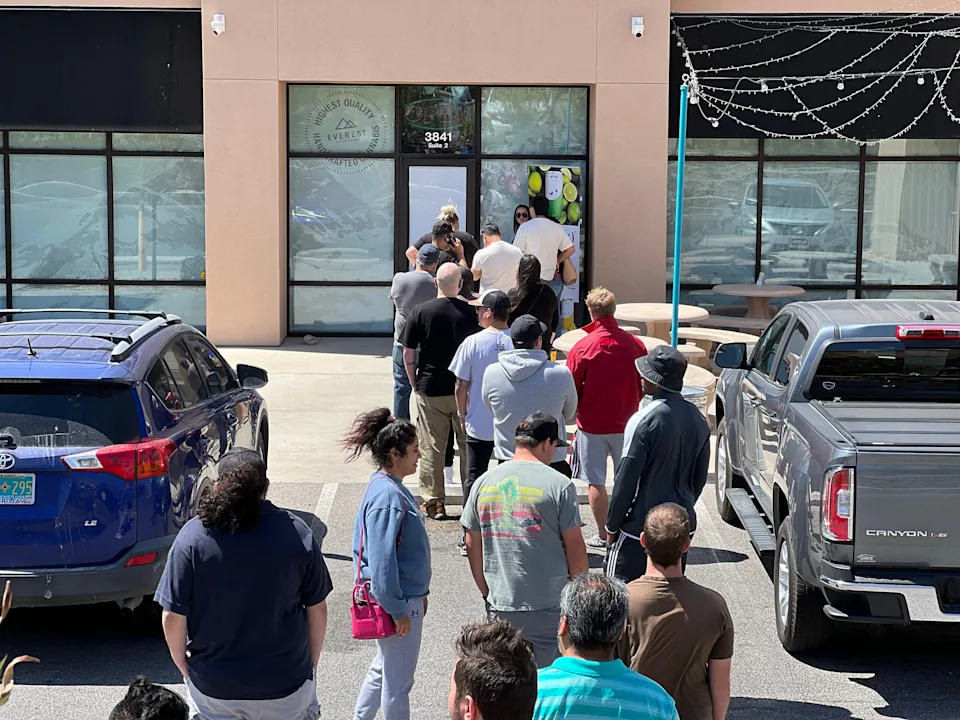Nevada cannabis lounges approved by state oversight board
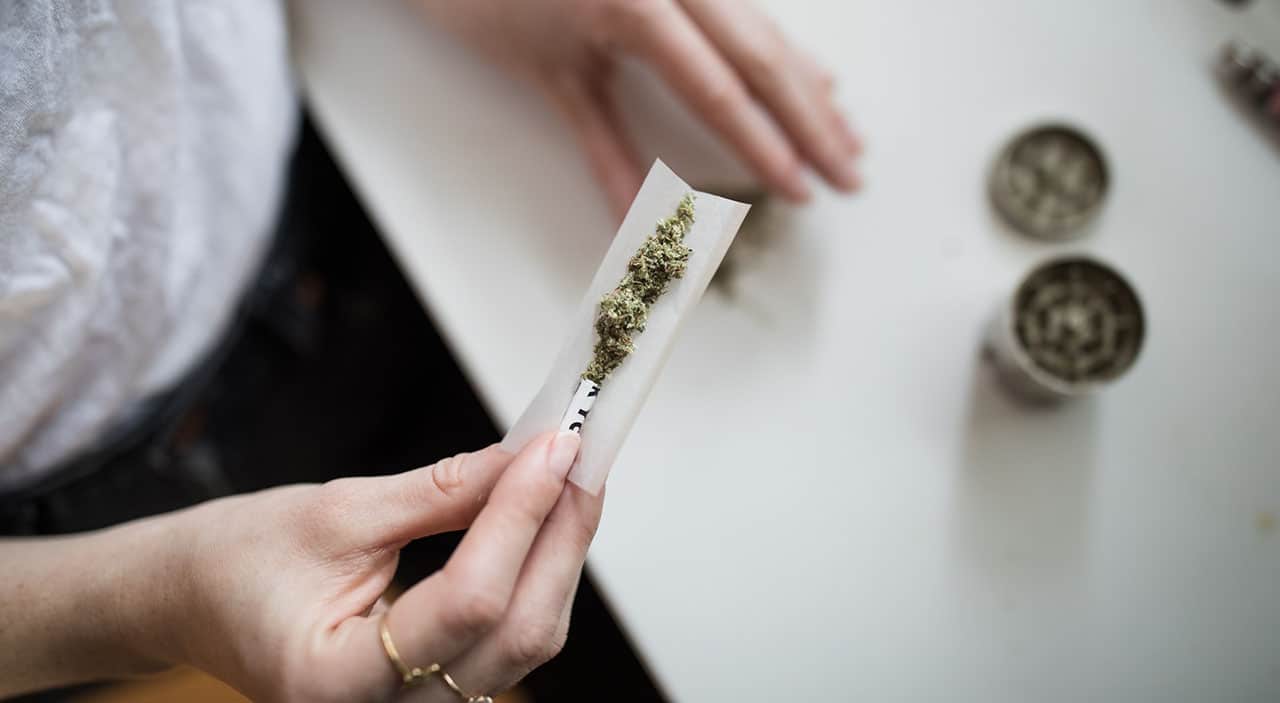
Regulations for the licensing and operation of cannabis consumption lounges in Nevada received approval from the state’s oversight board Tuesday.
State lawmakers approved a bill authorizing cannabis consumption lounges in Nevada last year. The last several months have included 15 meetings among Nevada Cannabis Compliance Board members to determine the licensing process.
Two consumption lounge license-types will be issued. The first is for lounges that will be directly attached to a retail cannabis dispensary. The second is for independent, stand alone consumption lounges.
Anybody can apply for a Nevada cannabis consumption lounge license. However one person cannot hold a retail dispensary license and an independent consumption lounge license at the same time.
Only the owner of a licensed operational retail cannabis dispensary may be eligible to apply for a retail cannabis consumption lounge license. In other words, a consumption lounge attached to a dispensary will be owned by the owner of the dispensary.
The Nevada Cannabis Compliance Board will hand out 20 licenses for independent consumption lounges, with 10 reserved for social equity applicants. To qualify as a social equity applicant, the applicant must be someone “who has been adversely affected by provisions of previous laws which criminalized activity relating to cannabis, as determined by the Board [. . .] Such adverse effects may include, without limitation, adverse effects on an owner or officer of the applicant.”
An independent cannabis consumption lounge would contract with a retail cannabis dispensary to supply cannabis for customers to consume on site.
If all 20 licenses are handed out by June 30, more will be issued as long as the amount of independent consumption licenses does not outnumber the amount of retail consumption lounges.
However a retail cannabis consumption lounge will not come cheap. The application alone requires a non-refundable application fee of $100,000.
An independent cannabis consumption license on the other hand will carry a $10,000 fee to apply. This fee can be reduced further for social equity applicants.
Currently there is no word on when or how the licenses will be scored and issued. Additionally there will still be several months ahead of developing and promulgating regulations for cannabis consumption lounges.
Local jurisdictions will also have the option to restrict cannabis consumption lounges from opening in their area.
The Nevada Cannabis Compliance Board will be keeping those interested in Nevada cannabis consumption lounges up to date through a newsletter, which can be subscribed to on the government website.



